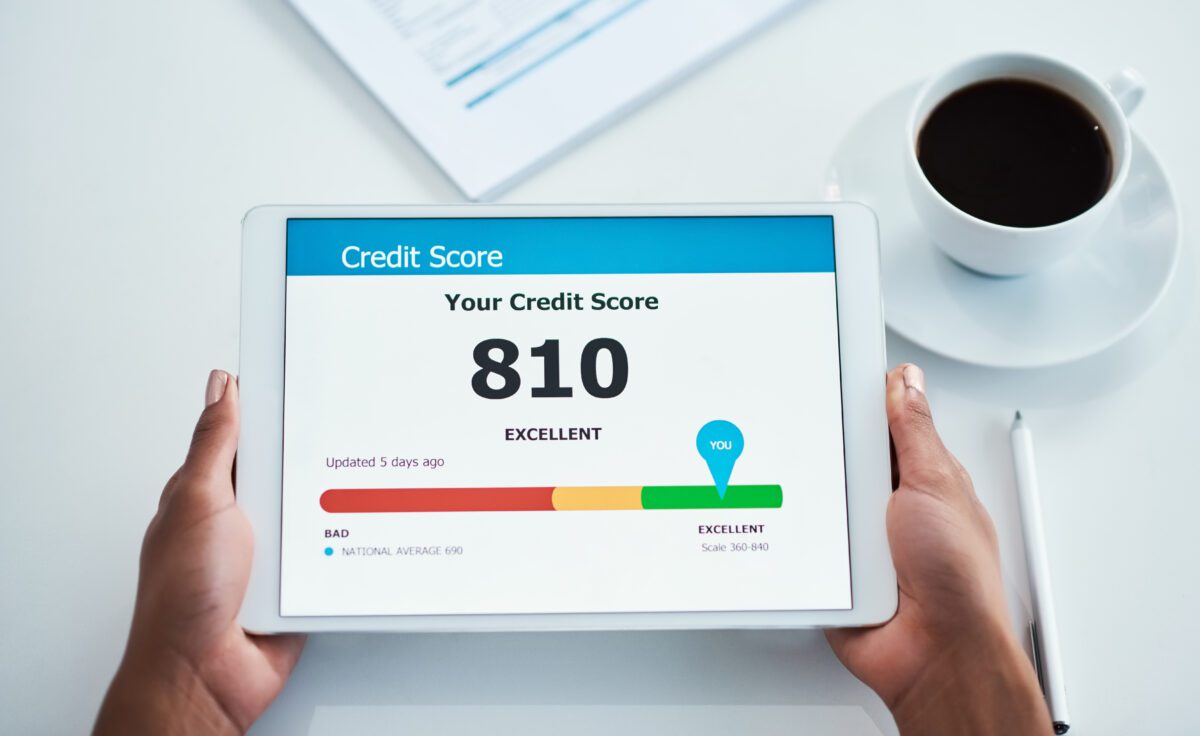July 28th, 2023 | Buying
Can You Buy a Home with a Co-Signer?

Buying a home in Canada can be a challenge for many. In addition to having a stable income and often a sizable down payment, you also need to have a good credit score. For some Canadians, specifically younger Canadians or those with some debt to their name, this could present a challenge.
However, never fear! There are numerous options for buyers in less-than-perfect situations when it comes to purchasing a home. In this post, we’re going to cover some of the ways buyers entering the market can get creative and improve their affordability when buying a home.
First, What is Considered a Good Credit Score?
According to Equifax, a good credit score in Canada is anything above 660. It’s possible to have a credit score over 800, and some people may even have a highly sought-after 900 credit score. But the average Canadian hoping to buy a home should aim for anything over 660.
Lower credit scores could make lenders feel that you may be at risk of defaulting on the loan, which would lower your chances of securing financing.
What Goes Into a Credit Score?

Your credit score is the culmination of a lot of different data points. Factors such as how much available credit you have, your payment history, and how long your credit record has been active all play into the final score. For example:
- Excellent payment history with no or few late payments on credit cards, bills, or car payments can improve your score.
- Having several credit cards or lines of credit close to the limit will decrease your available credit balance and have a negative impact on your credit score.
- Stable activity for many years on your credit file will help improve your score.
- Public records like any bankruptcies or consumer proposals will have a negative impact on your score.
What is a Co-Signer?
If a lender is unsure of your ability to pay back a loan, they could request a co-signer. This is a second or third party in some cases who will essentially vouch for you. They will co-sign the loan and thus become responsible for it should you not be able to follow through with your commitment.
Many Canadians might remember having older relatives co-sign for their first apartment or student loans. It’s fairly common for young people to require co-signers when starting out.
Can You Co-Sign on a Mortgage?
With home prices in Canada on the rise, it’s becoming increasingly difficult for new buyers to qualify for a mortgage on their own. Co-signing on a mortgage is something that has always been available to do, but only recently has begun to gain popularity.
If someone co-signs on your mortgage, they are essentially accepting the financial responsibility should you default on the loan.
This is different from buying a home with a co-borrower, as the co-signer does not technically own the home or benefit from the equity as the loan is repaid. The only time a mortgage co-signer comes into play is if the borrower misses payments.
Before starting your home search, you should have an idea of the type of property you want. Here are some blogs to help you learn more about different property types in Ottawa:
What You Need to Know About Co-Signing on a Mortgage
If you have been asked to co-sign on someone’s mortgage, it is not a decision to take lightly. Co-signing will impact your credit score, as your debt-to-income ratio will change, and if the payments on the mortgage are not made, it will have a negative effect.
However, it is possible to remove yourself from the mortgage as a co-signer, this could be helpful if the borrower’s financial situation gets better and they no longer need the safety net of a co-signer.
Why Would You Want Someone to Co-Sign on Your Mortgage?
The benefits of owning a home are significant. For many Canadians, it is preferred over renting, as you are able to build equity and grow your wealth. Not to mention the stability and comfort that comes with owning your own home. However, rising house prices along with the cost of living could make it difficult.
If your financial situation is not ideal, but you still want to benefit from owning a home, a co-signer might be the right choice. It’s a good idea to look at your financial situation and choose a co-signer who can make up for the areas that you are lacking. For example:
- If your credit score is below 660, choose a co-signer with a higher-than-average score.
- If your debt-to-income ratio is high, choose a co-signer with little debt and a better ratio.
- If your income is not stable, choose a co-signer with a stable income.
Not sure which type of mortgage is best for you? Read our post Fixed Rate Vs. Variable Rate right here.
Other Creative Ways to Own a Home in Canada
If you’re not able to get a co-signer or you don’t like the idea, there are still other ways to help lower the barrier to entry into the housing market. Here are a few creative ways to own a home in Canada:
Do You Have an RRSP?
In Canada, we are allowed to withdraw money from our RRSP accounts in order to fund the down payment for a mortgage. Individuals can withdraw up to $35,000 from their RRSP tax-free for a mortgage. However, bear in mind that once you withdraw the funds, you get a two-year grace period before you need to start paying it back. Homeowners have 15 years to pay back the amount they withdrew.
Tax-Free Savings or Family Help
Your tax-free savings account (TFSA) could also help bolster your down payment, as well as any loans or gifts you could potentially receive from your family. Recently too, the Liberal government announced plans to implement a tax-free first-time home buyers account that would give Canadians the chance to contribute up to $40,000 toward the purchase of their first home. Unlike withdrawing from your RRSP, this account does not require you to pay back the funds in a set period of time.
Getting ready to buy a home soon? Read some of our buyer-specific blogs right here:
- Is Now a Good Time to Invest in Ottawa Real Estate?
- Strategies to Help First-Time Buyers Enter the Market
- 5 Reasons to Relocate to Ottawa
Have You Considered the First-Time Home Buyer Incentive?
Also known as the FTHBI, this program is designed to help Canadians through a shared-equity mortgage with the government. Essentially, the government lends you a certain amount of money for your mortgage based on your qualifications and property type, and as a result, it shares in your investment. The loan does eventually need to be paid back though, either after 25 years or upon the sale of the property, whichever comes first.
Buy with Friends
A joint venture or co-ownership mortgage could be a good option if you wish to buy with friends or family. This type of mortgage allows you to combine your money and increase your purchasing power on a mortgage. With more than one person owning the property, it might be easier to afford the payments and make a sizable down payment. However, the one downside is that dissolving the partnership or selling the property down the road could get tricky.
Buying a Home with a Secondary Dwelling
Homes with rental potential could be a great opportunity for those looking to improve their chances of mortgage qualification and enhance housing affordability. An investment mortgage is often easier to qualify for, often requires a lower down payment, and can be a great way to grow your wealth as a buyer.
Learn more about secondary dwellings in Ottawa in our blog right here.
Are You Thinking About Buying a Home Soon?
Buying a home is an exciting investment and something that many Canadians aspire to. Even if your credit score is less than perfect or your financial situation is not ideal, there are many ways to get your foot in the door and enter the real estate market.
The best part is that once you’re in, the only way is up–that’s why they call it the “property ladder!”
If you have questions about buying a home in Ottawa, contact us today at 613.829.7484 or email mail@chellteam.com, we’re happy to help!



